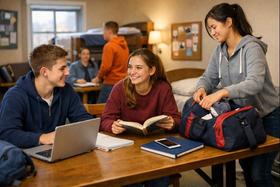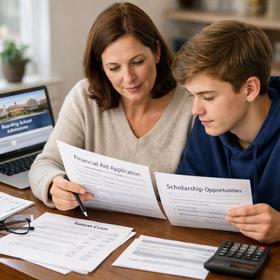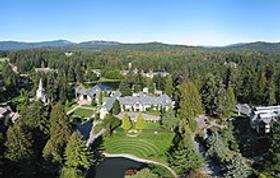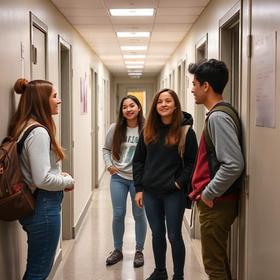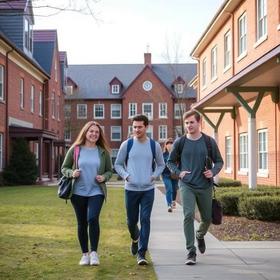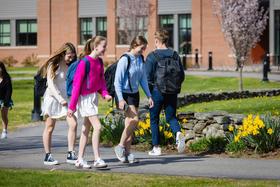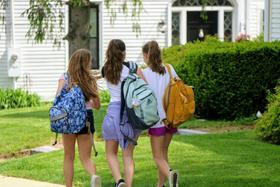5 Reasons to Choose a Boys' School
Single-sex education has a long and distinctive history in the annals of Western education.
It also has its dark side when you consider that only children of the upper classes were taught how to read and write. When the founders of this country began to grapple with the realities of building and advancing a nation built on democratic principles, they soon realized that education was one of the keys to future success.
The Phillips family, for example, invested substantial amounts of money to establish the now famous schools - Andover and Exeter - which bear their name. Many other visionaries did the same thing or followed their example, as you can see from this list of schools established in the 1700s. Those first schools were single-sex schools. Boys' schools. Girls didn't matter back then, apparently.
.jpg)
This vision statement from Woodberry Forest School in Woodberry Forest, Virginia, states the argument succinctly:
"Since the school’s founding in 1889, Woodberry Forest has sought to develop young men of intellectual thoroughness and principled integrity equipped with the capacity and eagerness to serve as leaders, learners, and citizens. Consistent with the historical founding of the school on Christian principles, we aspire to instill in every boy a deep sense of empathy, an enduring self-confidence buttressed by genuine humility, and an enthusiastic pursuit of lifelong







